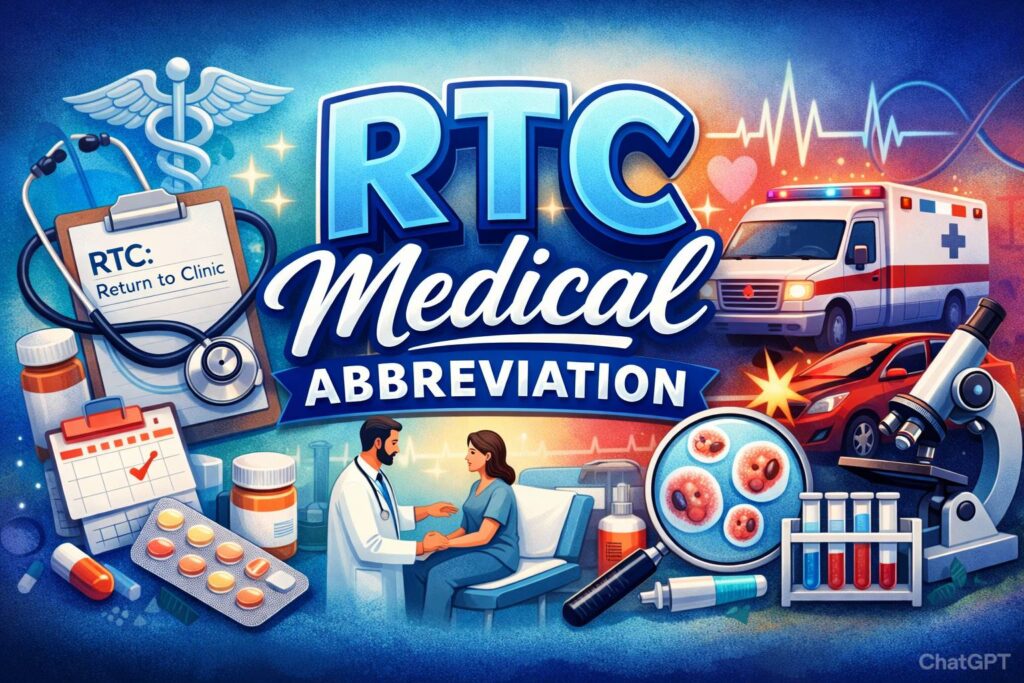Maine Cabin Masters Lawsuit: EPA Violations and Settlement Explained

The Maine Cabin Masters lawsuit gained attention due to legal issues surrounding the popular TV show’s renovation practices. The case involved Kennebec Property Services, LLC, the company featured on the show. The U.S. Environmental Protection Agency (EPA) filed the lawsuit, citing violations of lead safety laws.
The company was accused of failing to follow federal regulations when renovating cabins. These laws are crucial for protecting homeowners, workers, and the environment. The case served as an important reminder of legal responsibilities in home improvement projects.
The lawsuit focused on lead paint safety regulations, which are especially important for older homes. Many cabins featured on Maine Cabin Masters were built before 1978, meaning they likely contained lead-based paint. The EPA enforces strict Renovation, Repair, and Painting (RRP) Rule to prevent lead exposure.
This case is significant not just for the show but also for contractors across the country. It highlights the importance of compliance with environmental and health laws in construction and renovation work.
Background of Maine Cabin Masters
Maine Cabin Masters is a home renovation TV show focused on restoring old Maine cabins. The show features a team of builders, including Chase Morrill, Ashley Morrill, and Ryan Eldridge, who renovate cabins with creativity and craftsmanship.
The show became popular due to its unique cabin transformations and the crew’s fun, down-to-earth approach. Since its debut on DIY Network and later on Magnolia Network, it has gained a loyal audience.
The company behind the show, Kennebec Property Services, LLC, is responsible for completing renovation projects. Their work involves repairing and upgrading old cabins, often in remote locations, making compliance with safety laws essential.
Many of the cabins featured on the show are historical or decades old, requiring careful handling of materials. This includes lead-based paint, which is common in homes built before 1978. Proper renovation methods are needed to prevent health hazards.
Details of the Maine Cabin Masters Lawsuit
The EPA’s lawsuit against Maine Cabin Masters centered on violations of the Lead Renovation, Repair, and Painting (RRP) Rule. The RRP Rule requires contractors to follow strict safety measures when working on homes that may contain lead-based paint.
The EPA accused the company of five specific violations during renovation projects in 2020. These included:
- Lack of required recertification for lead-safe renovation practices.
- Failure to assign a certified renovator to each project.
- Not providing homeowners with lead safety pamphlets as required by law.
- Improper documentation of lead safety compliance.
Because of these violations, the company faced legal consequences, including financial penalties and mandatory corrective actions. The case reinforced the importance of following EPA regulations when working on older homes.
Why Lead Safety Laws Matter
Lead exposure is a serious health risk, especially for children, pregnant women, and workers. Inhalation or ingestion of lead dust can lead to learning disabilities, developmental delays, and other severe health problems.
The EPA’s RRP Rule was created to reduce lead poisoning by requiring contractors to use lead-safe work practices. These include sealing off work areas, using specialized equipment, and cleaning thoroughly after renovations.
Effects of Lead Exposure on Health
| Group Affected | Common Health Risks |
| Children | Brain damage, lower IQ, hyperactivity |
| Pregnant Women | Increased risk of miscarriage, premature birth |
| Workers | Nerve damage, high blood pressure, kidney disease |
Following lead safety laws is crucial to prevent long-term health consequences. This is why the EPA enforces strict penalties for companies that fail to follow proper procedures.
The Maine Cabin Masters lawsuit is an example of how non-compliance can lead to legal action and financial penalties. It also shows why homeowners should hire certified professionals for renovation work.
Settlement and Penalties
As a result of the lawsuit, Kennebec Property Services, LLC agreed to pay a $16,500 fine. This settlement was meant to hold the company accountable and ensure future compliance with EPA regulations.
In addition to the financial penalty, the company was required to obtain proper certification under the RRP Rule. This meant training workers and ensuring that all future renovations followed lead-safe procedures.
The settlement also included a public education component. The company agreed to:
- Feature lead safety information in at least three episodes of Maine Cabin Masters.
- Dedicate a podcast episode to discussing lead renovation rules.
- Add lead safety resources to their website.
This approach aimed to educate the public while ensuring the company followed better safety practices in future renovations.
Impact on the Show and Company
The Maine Cabin Masters lawsuit raised awareness about lead safety in home renovations. Although the company faced legal issues, it took corrective actions to comply with EPA standards.
The lawsuit did not lead to the cancellation of the show, but it highlighted the importance of following regulations in renovation work. Since then, the company has been more transparent about their compliance efforts.
Despite the legal troubles, Maine Cabin Masters remained popular among fans. The show continued to showcase unique cabin restorations while focusing on safer renovation practices.
Other contractors in the home improvement industry also paid attention to the case. It served as a warning about the consequences of ignoring safety laws in renovation projects.
Public and Industry Reaction
Fans of Maine Cabin Masters had mixed reactions to the lawsuit. Some were surprised that the company failed to comply with safety regulations, while others appreciated their efforts to correct the issue.
The home renovation industry took note of the lawsuit as a major warning. Many contractors took steps to review their own compliance with lead safety laws.
Environmental groups supported the EPA’s actions, emphasizing the importance of enforcing lead safety standards. Lead poisoning remains a serious issue, and cases like this help promote safer renovation practices.
In the end, the Maine Cabin Masters lawsuit became a lesson for contractors and TV renovation shows about the legal and ethical responsibilities of home improvement.
Key Takeaways from the Lawsuit
The Maine Cabin Masters lawsuit demonstrated that even well-known renovation companies must follow the law. Compliance with safety regulations is not optional, especially when it comes to lead paint hazards.
The EPA enforces strict rules to prevent lead exposure, and contractors must be certified and trained in lead-safe practices. Failing to follow these laws can result in lawsuits, fines, and reputational damage.
For homeowners, this case serves as a reminder to hire only certified professionals for renovations, especially on older properties. Proper safety measures help protect families from health risks.
The lawsuit also showed that companies can recover from legal troubles by making the necessary changes. The Maine Cabin Masters team took responsibility and committed to safer renovation practices moving forward.
Conclusion
The Maine Cabin Masters lawsuit was a wake-up call for the renovation industry. It highlighted the dangers of lead exposure, the importance of legal compliance, and the need for stricter safety measures.
While the case resulted in fines and legal consequences, it also led to positive changes in the company’s approach to safety. The settlement ensured that Maine Cabin Masters would follow lead safety rules in future renovations.
The lawsuit serves as a reminder that home improvement is not just about design and creativity—it also involves legal and ethical responsibilities. By following proper safety guidelines, contractors can protect their clients and themselves from potential risks.
FAQs
Why was Maine Cabin Masters sued by the EPA?
The EPA sued Kennebec Property Services, LLC for violating lead safety laws during renovations, failing to follow proper lead-safe work practices.
What penalties did Maine Cabin Masters face in the lawsuit?
The company paid a $16,500 fine, obtained required certification, and agreed to promote lead safety awareness on their show and website.
Did the lawsuit affect the airing of Maine Cabin Masters?
No, the show continued airing, but the company made safety and compliance improvements to meet EPA standards.
What lead safety rules did Maine Cabin Masters violate?
They failed to get recertified, assign a certified renovator, provide safety pamphlets, and maintain compliance records.
How did Maine Cabin Masters respond to the lawsuit?
They settled the case, improved safety practices, and used their platform to educate viewers on lead-safe renovations.






































































































































































































































































































































































































































































































































































































